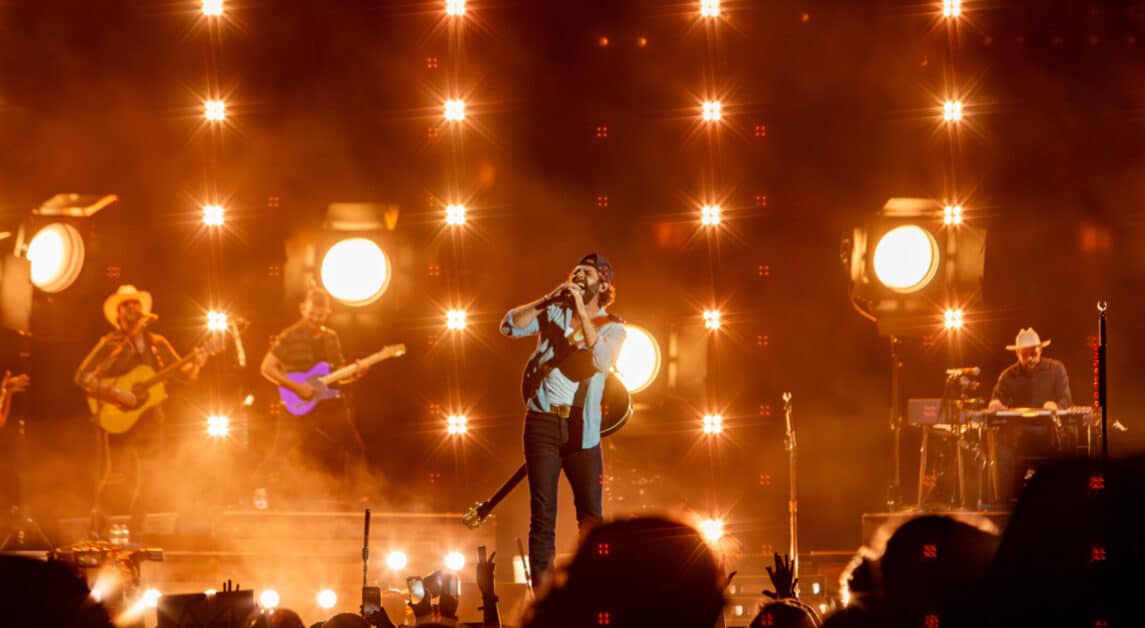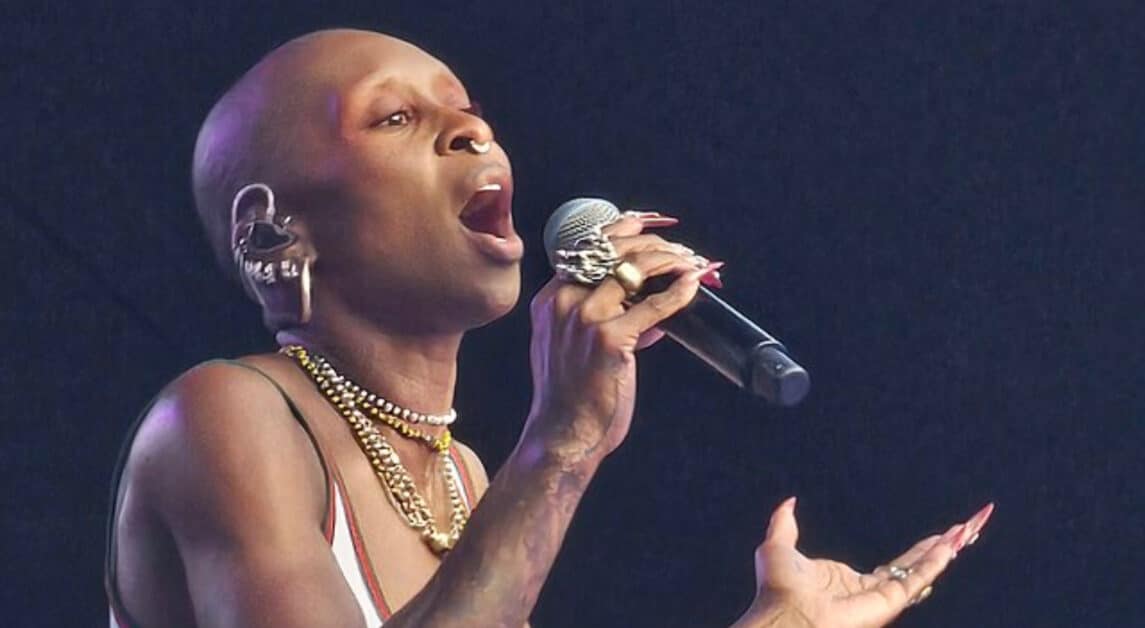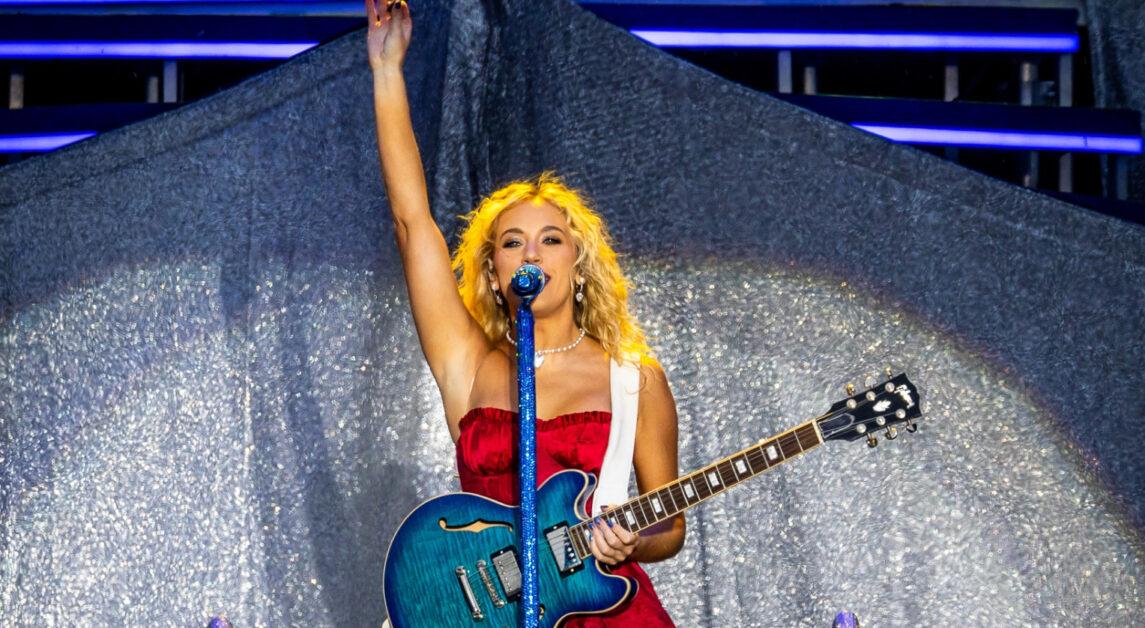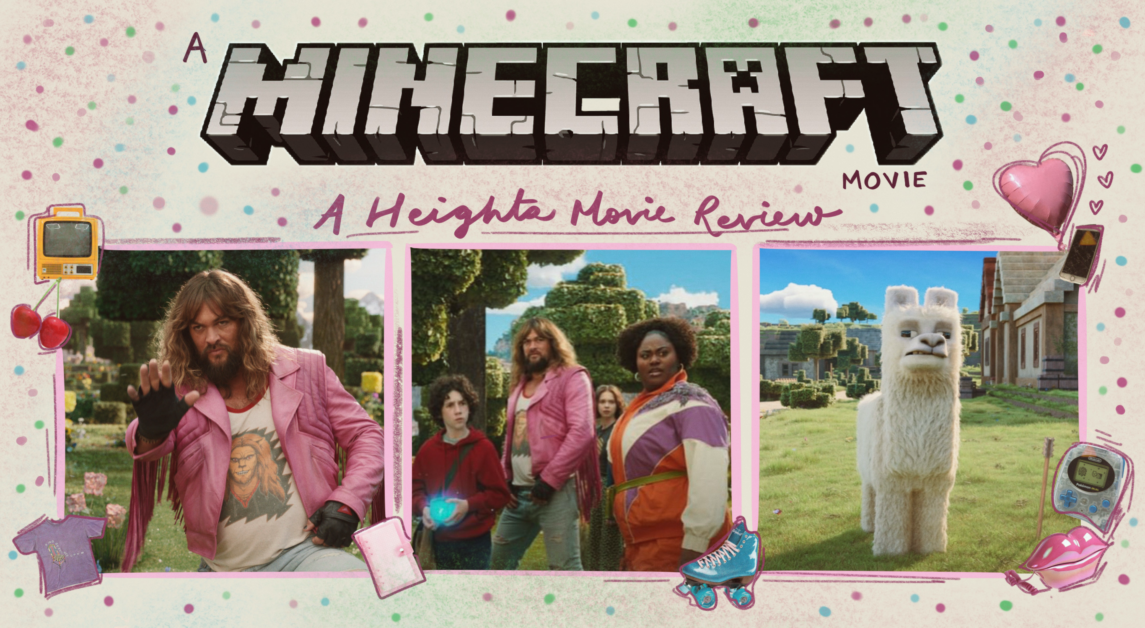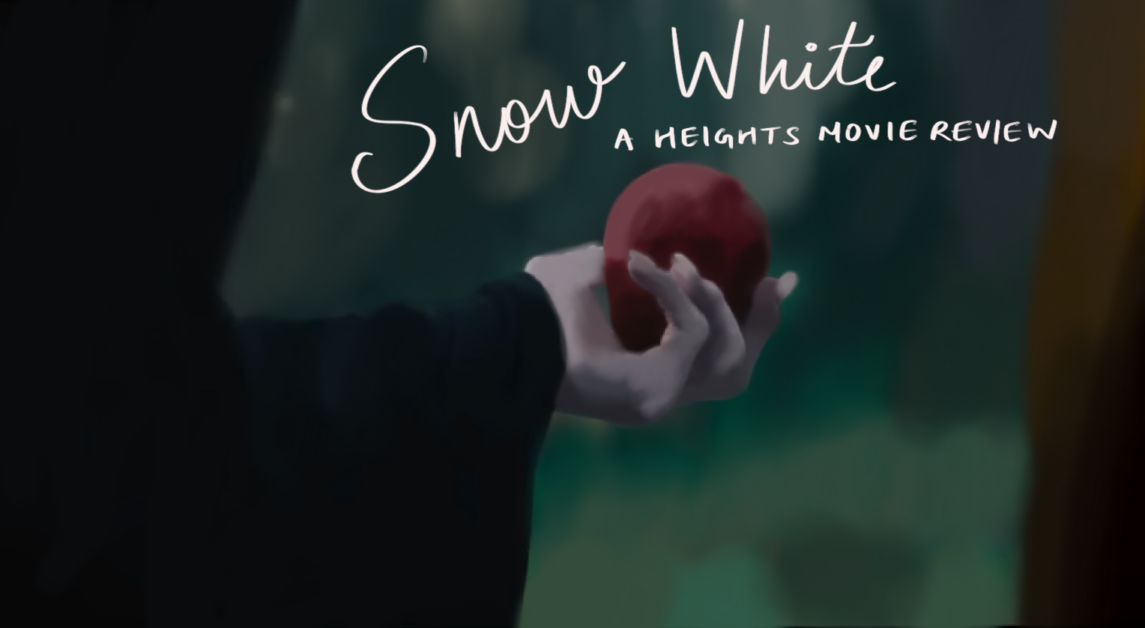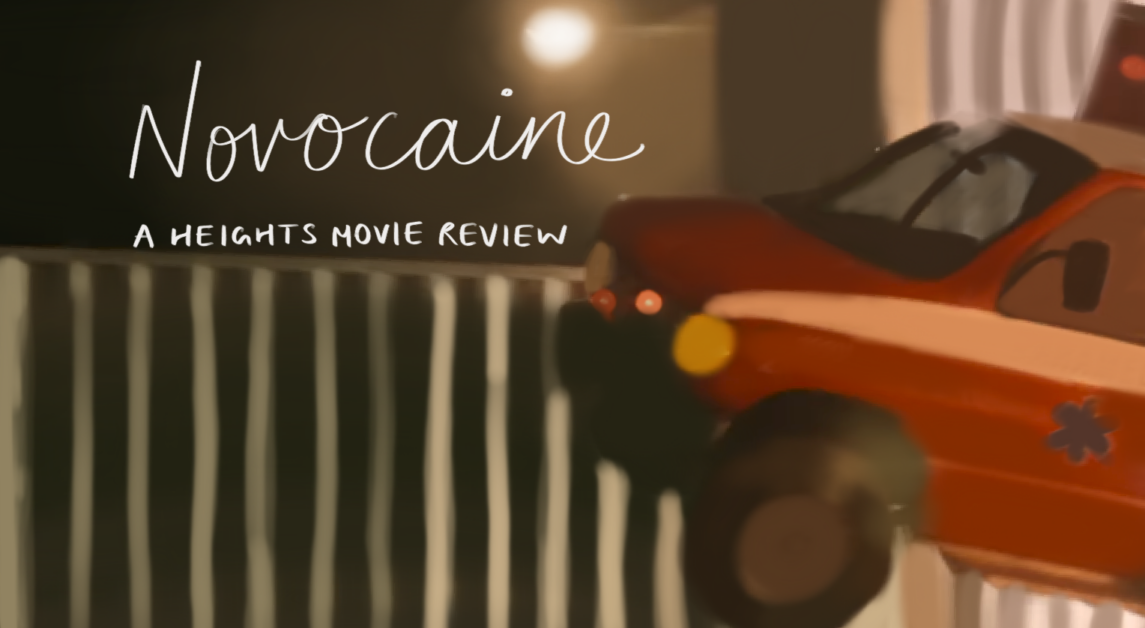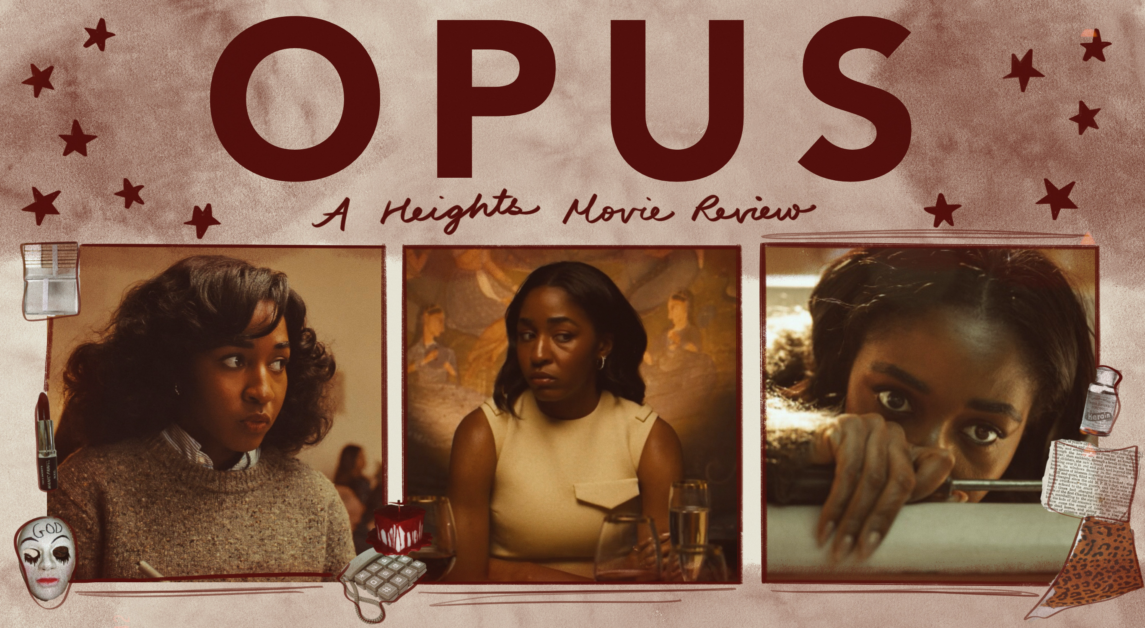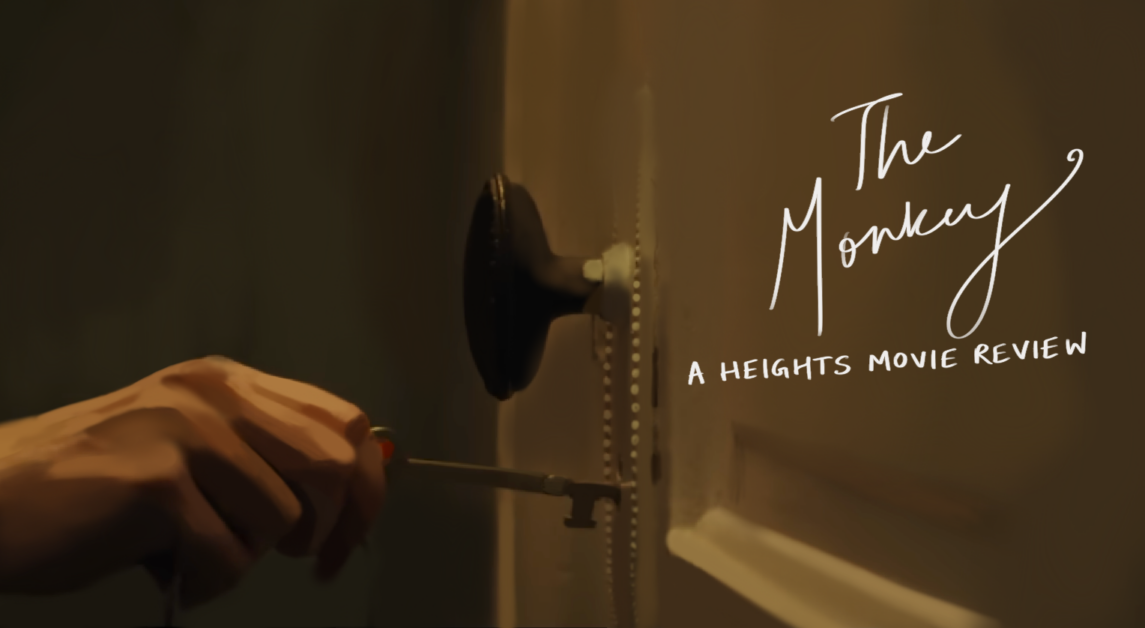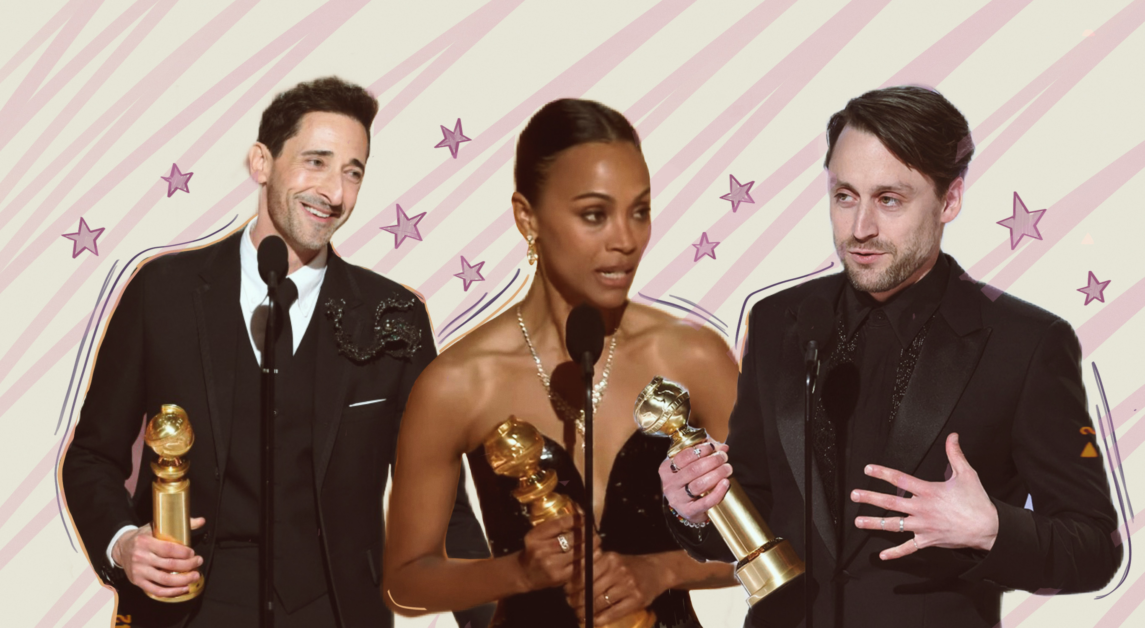Jon Stewart’s directorial debut Rosewater introduces its titular character with a question regarding a copy of The Sopranos that many HBO fans have been asking of the channel’s content for years: “Porno?” Yet, Rosewater is no salacious cinephile, but a member of Iran’s Revolutionary Guard. He spends much of the film’s almost two-and-a-half-hour runtime attempting to secure a confession from Iranian-born journalist, Maziar Bahari, that he is a spy for the West.
This is Jon Stewart’s first turn behind the camera and—although the film is no triumph of cinematic prowess—overall it is well done. In many of the movie’s early scenes, Stewart employs shaky camera shots to give the film a documentary quality. At one point in the film, the camera is placed on the front of a motorbike as the protagonist and his driver speed around the streets of Tehran. All of these shots allow viewers to feel almost as if they are the ones behind the camera as the protests following the 2009 Iranian presidential election unfold across Tehran.
Beyond camera technique, Stewart makes use of color to denote isolation. While free on the streets of Tehran in the crowds of protestors, Bahari and his environment are painted with a bright, warm set of colors. While Bahari is in isolation and believes himself to be abandoned by the world, the scenes are composed of darker shadows filled with much colder colors.
Rosewater is definitely not a comedy, yet Stewart’s comedic background serves him well in this film. Stewart’s script and direction are able to tease out many organically humorous moments over the course of Bahari’s otherwise bleak imprisonment for 118 days. Many of these scenes had the entire audience laughing aloud as Rosewater unsuccessfully attempts to navigate Western culture. At one point early on in his interrogation, Bahari is accused of spying for the CIA, MI6, Mossad, and Newsweek. These genuine interactions between the captor and the captive rely heavily on the actors who play the roles of Bahari and Rosewater, Gael Garcia Bernal and Kim Bodnia, respectively. While these actors are not well known to the casual American filmgoer, Bernal played Santiago in Gonzalez Inarritu’s 2006 film Babel and is well known in his native Mexico.
Kim Bodnia has gained international attention for his starring role in The Bridge, a Scandinavian crime-drama that was recently remade under the same title in the U.S. In his performance as Rosewater, Bodnia does a fantastic job of humanizing his character. Rosewater’s wife wonders when he will be home, and at times he becomes frustrated with his unappreciative boss. He reveals to both the audience and Bahari the insecurities, imperfections, and general humanity of what could otherwise have been just another thug.
In a powerful line early in the film, a young Iranian man dismisses Bahari when he does not film the protests as they turn violent. The man states, “You have a real weapon, and you choose not to use it.” No one is going to accuse Stewart of being too subtle with the position Rosewater takes on the importance of free speech, but neither is that the point of the film. Rosewater does a good job of incorporating multiple Iranian perspectives, from Iranian president Mahmoud Ahmadinejad’s religious hardliners to the pro-democratic students who use satellite dishes to access Western media in defiance of the government.
The population of Iran is not so easily divided into the religious and the secular, and Stewart accounts for this in a particularly poignant scene where Bahari’s anti-Ahmadinejad, pro-Western driver performs the salat, or Islam’s daily prayers, on the side of a busy road.
Rosewater takes the audience into the heart of Bahari’s experience with the 2009 Iranian presidential election. The film is a piece of cinema worth watching not just for its artistic elements, but also for the message it conveys. There is power in the crowd in today’s interconnected world and as Bahari writes on the inside of his cell, “You are not alone.”
Featured Image Courtesy of Busboy Productions

